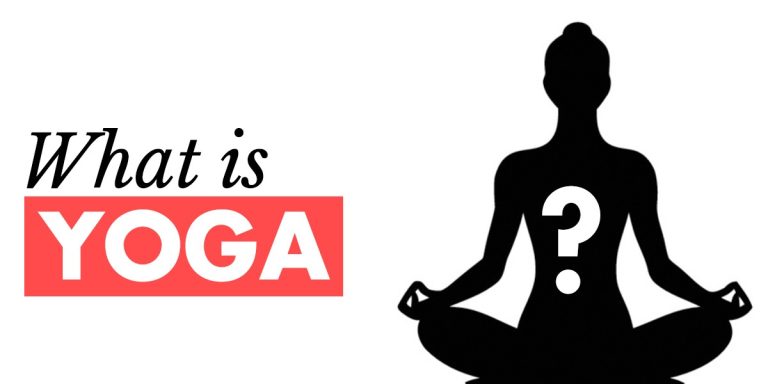
Quit Tea 2025
Tea is one of the most consumed beverages in the world—especially in countries like India, the UK, China, and Japan. Whether it’s milk tea, green tea, or black tea, each variant contains caffeine and other bioactive compounds. So what happens when you stop drinking tea altogether? Let’s break it down scientifically.
🧠 1. You May Experience Caffeine Withdrawal
Most teas contain caffeine (especially black and green tea). When you suddenly quit tea, your body may go through withdrawal symptoms such as:
- Headaches
- Fatigue or drowsiness
- Irritability or mood swings
- Difficulty concentrating
These symptoms usually last for 3–7 days, depending on your previous caffeine intake.
💤 2. Improved Sleep Quality
If you were consuming tea late in the day, quitting it can significantly improve your sleep quality. Less caffeine means deeper, uninterrupted sleep and reduced insomnia.
🦷 3. Better Dental Health
Tea—especially black tea—can stain teeth over time. Additionally, the natural tannins in tea may affect enamel. Quitting tea can help reduce staining and improve oral hygiene, especially when replaced with water or herbal alternatives.
💧 4. Reduced Diuretic Effect
Tea has mild diuretic properties, which can increase urination. After quitting tea, you may notice fewer bathroom trips and better hydration balance—especially if you replace it with non-caffeinated drinks.
🫀 5. Change in Blood Pressure Levels
Caffeine from tea can slightly raise blood pressure, especially in people who are sensitive to stimulants. Quitting may help regulate blood pressure in such individuals.
🍽️ 6. Digestive Changes
Green and herbal teas are known to aid digestion. If you quit these, you might experience a temporary slowdown in your metabolism or digestion. Consider replacing them with warm water, lemon water, or herbal infusions.
🧘♀️ 7. Mental Calm and Reduced Anxiety
For people prone to anxiety, quitting tea (especially if it was overconsumed) may lead to reduced jitteriness, calmer nerves, and better emotional balance—especially due to the reduction in caffeine.
🍵 Should You Stop Drinking Tea Completely?
Unless you’re caffeine-sensitive or have been advised by a doctor, moderate tea consumption (1–2 cups a day) can be part of a healthy lifestyle. However, if your tea is loaded with sugar or milk (like popular chai or milk tea), quitting or cutting back can yield benefits.
🔄 Healthier Alternatives
- Herbal teas (chamomile, tulsi, ginger)
- Warm lemon water
- Fruit-infused water
- Decaffeinated green tea
📌 Final Thoughts
Stopping tea consumption can lead to short-term withdrawal but also long-term health benefits, especially if your intake was excessive. Listen to your body and consult a healthcare professional before making major dietary changes.









